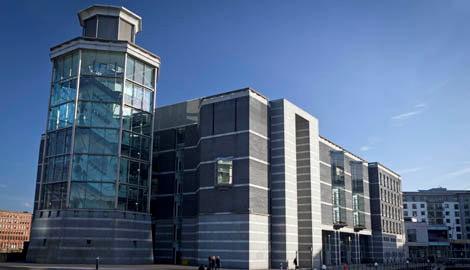Tourism in Leeds
Tourism in Leeds
The city of Leeds was established in the eighteenth century in its current form, and it became famous in England after the first railway was established to transport coal from the mines located five kilometers from the city. Tourist in Leeds:
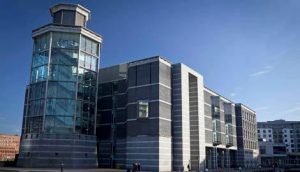
1- Museum of Royal Arms
The museum is considered one of the oldest museums in Leeds, United Kingdom, and even the oldest in the world, as it contains many weapons and armor and includes six galleries to display more than 8,500 artifacts that include many diverse weapons obtained from different parts of the world.
The museum displays the history of the development of weapons from ancient times to the present time, which are used in wars. It also displays the arts and plans of combat in war, and all of this is in the internal museum. As for the external museum, it presents live performances by some warriors, as well as duels between knights and their use of weapons and armor in ancient times.
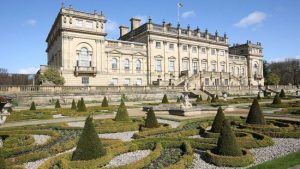
2- Harwood House
The large house Harwood House is one of the important tourist attractions in Leeds, as it dates back to the eighteenth century.
The house also includes many rooms and halls from the inside, the most important of which is the hall in which many paintings and artifacts are displayed, as well as the music room and the library room. Renaissance.
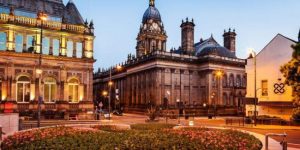
3- Millennium Square
The square is a link between many of the streets in Leeds, England, and it is the largest square in the city. The work was completed and presented in 2000 AD. The square expresses the history and civilization that contemporary and passed through the city, which is expressed by many buildings, markets, streets and places that are more than a century old and are held by the hour. Of the city’s festivals and celebrations throughout the year
There is also a large screen in the square that brings together visitors and tourists to watch sports events and important English matches. There are many restaurants in the square that offer the best food and drinks to its visitors.
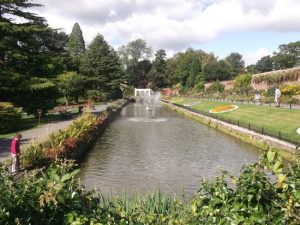
4- Round High Park
There is Ronde High Park in Leeds, England, and it is one of the most visited areas and the most important characteristic of it is the vast green spaces and the availability of many diverse trees and different water resources. It was opened in 1872 and its area is approximately 2.8 square kilometers.
It includes many dense forests with trees, colorful flowers and green meadows, as well as a variety of wild animals, such as rabbits, squirrels, and a group of birds. It also has a lake that helps to bring comfort and reassurance to the souls. It is also a source of children’s entertainment, where birds feed and the presence of many entertaining games.
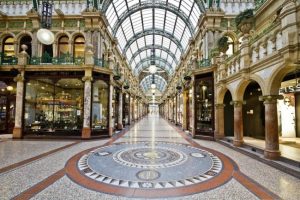
5- Victoria Square
The square is located in the George Street area in Leeds and is considered one of the most important tourist attractions in the city. Shopping in the field is one of the most enjoyable activities undertaken by tourists and visitors in England
The square is considered one of the oldest markets in the city. It is in the form of a long market with a glass roof that makes the market distinct from the rest of the markets. Visitors are not only shopping, but also to see archaeological and historical monuments and learn about the traditional life of the city’s residents. There are many shops that display clothes at the highest fashion. Fashion and other for displaying souvenirs and also for displaying traditional English products
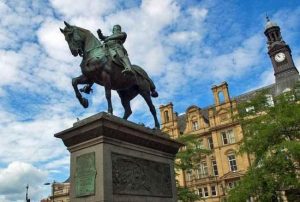
6- City Square
The square is to the north of Leeds railway station, a triangular paved area with six avenues and a famous building which is a post office on the northwest side, an embroidered Grade II building, built in the classical style, with four floors and two main entrances.
There are also many bronze statues in the square, such as the statue of the black prince on his horse with distress panels, eight nymphs who carry lamps and put flowers either on their heads or in their hands, the statue of James Watt, the famous engineer, Dr. Hook, Leeds deputy, and Joseph Priestley. The famous chemist, John Harston, a local clothing merchant who built a church and a grammar school.
